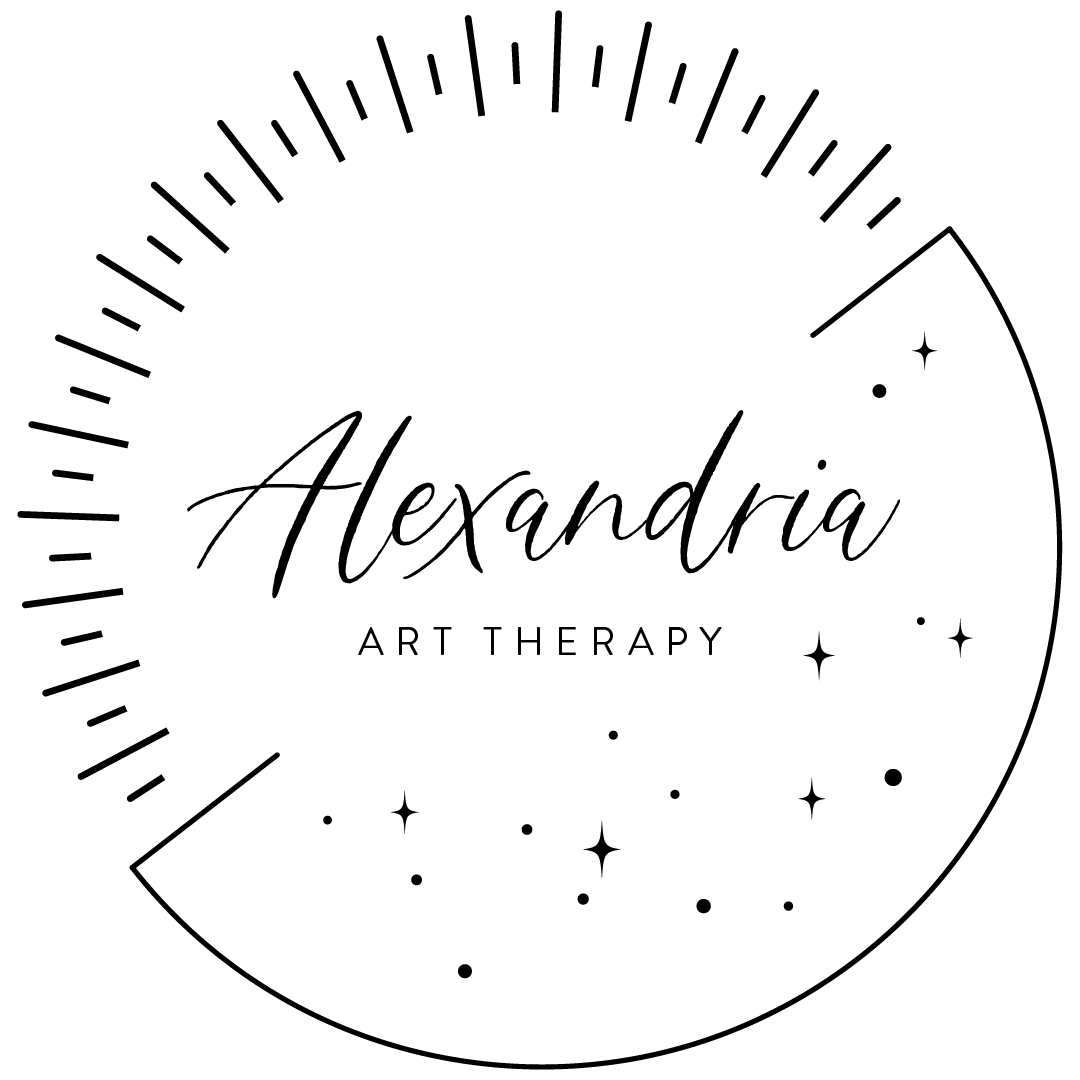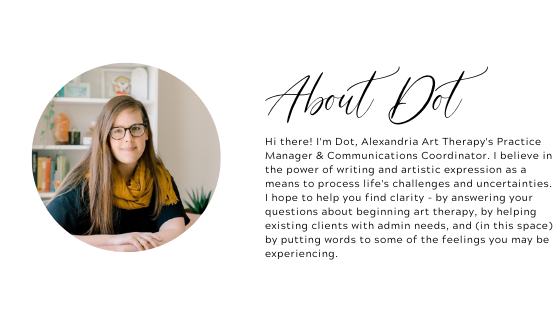Is the Person You Are Right Now the Person You Would Have Felt Safe With When You Were Young?
I’ve been seeing a quote making the rounds on Instagram and TikTok: “The person you are right now is the person you would have felt safe with when you were young.”
This is one of those pseudo-therapy statements that really gives me the warm fuzzies. You know what? I deserve to have my existence congratulated! Being an adult, having come through all of the struggles since childhood–it’s been a lot of work. I think back on my younger self and all the things she needed to hear, but rarely did. That it was okay to look the way I did. That I was worthy of many different forms of love. That there was more out there for me in the world beyond my small town in Georgia.
Imagining my childhood self being cared for and encouraged by my current self is a nice fantasy. But I think we should also try to push further–is the quote really true?
Is the person you are right now someone you would have felt safe with when you were young?
For me, this brings up two things to consider:
1) Patterns
2) How you treat your inner self
What patterns do you still need to break? Are there things you see in yourself that remind you of how you were parented, but not in a good way? Identifying these things is the first step to changing them.
People often joke that you wake up one day and you’ve become your father or mother. In this experience, what makes you cringe, and what makes you proud?
I inherited my dad’s shameless creativity. He was always making up silly songs for us and giving our book characters outlandish voices. Because of that, I feel confident as a parent now to do the same. I didn’t realize that not everyone was like this until I took my child to a few music classes and playgroups where the teachers had to cajole the parents into singing along. My dad taught me that it doesn’t matter if the adults think you look silly when you’re there for the kids. My dad, for what it’s worth, could barely carry a tune, and it never mattered.
Not all the patterns are good, though. I also find myself cringing when my toddler pushes my buttons, and my reactions mirror my dad’s short temper. Did those reactions make me feel safe as a child? Do they make my child feel safe today? This is where it’s up to us to examine what it means to break the cycle for the next generation.
Whether you have a child or not, imagining yourself as a safe haven for your younger self should also push you towards an examination of how you are taking care of your inner self today.
How do you speak to yourself? Are your words and your tone kind? Does the way you talk to yourself promote feelings of safety?
Many of us struggle with the problem of negative self-talk. If you’re constantly berating yourself for your looks, your work performance, your failure to measure up to some goal or standard–does that make you a person who emanates safety? Not so much. Though a lot of suggestions around affirmations might feel cheesy, reminding yourself of your own worth should be an ongoing practice. If telling yourself an affirmation like “I am worthy” feels difficult, you might start with an “if-fermation” instead. “What if I am worthy?” “What if I am good enough?” (Read more about “if-fermations here.)
One of the hardest things about adulthood is the realization that no one is coming to save us. But this can also be liberating. If no one is coming to be in charge, we get to decide how to create a safe environment for our own inner child, as well as any children in our orbit.
What experiences did you have when you were young that made you feel unsafe, unloved, or unworthy? What coping mechanisms came out of those situations? Are you still using them today? In the new, safe environment you can create for yourself as an adult, are these coping mechanisms still needed?
If these questions bring up intense feelings or reactions for you, doing inner child work with a therapist can help. If you live in the Alexandria, Virginia area, we invite you to reach out to info@alexandriaarttherapy.com for information on upcoming openings and our waitlist.
Don't miss an update--subscribe to our newsletter on Substack to receive new blog posts & the latest news in your inbox every other week.


